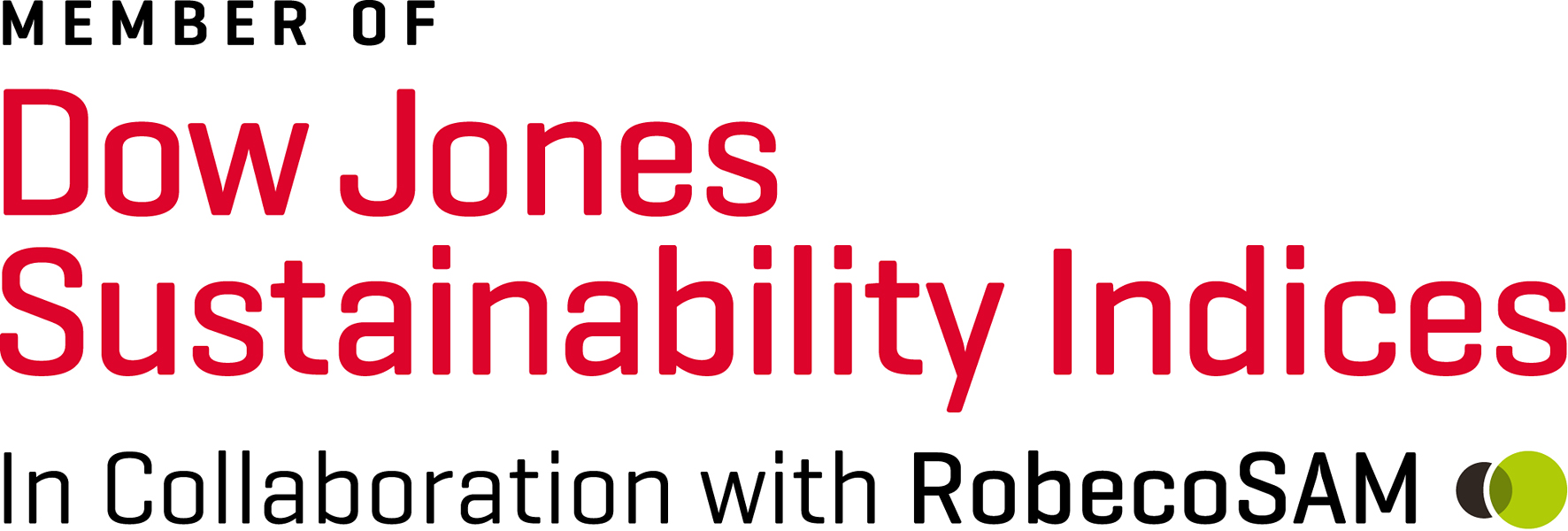Profit, people and the planet. It is often by these three factors that the sustainability of a business is measured. Increasingly companies seek an independent, external ranking to display transparency in their sustainability progress. The Dow Jones Sustainability Index is one of the most esteemed industry sustainability rankings.
Results for the 2018 evaluation are now public and UPM was again nominated number one in the global forest and paper products industry.
UPM Environment and Responsibility Vice President Sami Lundgren does not hide his contentment with the best ranking. But as he puts it, it is a long term commitment rather than just a vision, that has resulted in the top spot.
“You have to walk the talk. Results speak for themselves, but they show we have taken a holistic approach to sustainability,” Lundgren says.
Founded in 1999, the Dow Jones Sustainability Index (DJSI) assesses three dimensions – economic, environmental and social – in the performance of major global companies, an approach that Lundgren calls the most comprehensive in the market.
Changing emphasis
The Dow Jones Sustainability Index is maintained by RobecoSAM, a Zurich-based investment research company. This year was a record breaker for DJSI, as the number of companies analysed hit an all-time high. Altogether over 3,500 of the largest global companies based on market capital were invited to answer between 80 to 120 questions. The number of companies which replied to the questionnaire increased by 5% from the previous year.

Each year RobecoSAM adjusts the criteria on which companies are measured. The aim is to keep the questions significant, explains Director and Senior Manager in Sustainability Services, Robert Dornau from RobecoSAM.
“We remove topics that have become common practice over the last few years and no longer distinguish leading companies. This ensures that our assessment continues to raise the bar and challenge companies in their thinking about long term risks and opportunities,” he says.
One of the elements under scrutiny is good governance. Dornau explains that well run corporate governance ensures that a company is managed in the interests of shareholders.
“Empirical evidence suggests that over a period of five years, the difference in return on equity between well-governed and badly-governed companies can be as much as 56%.”
For the DJSI ranking, each of the three dimensions analysed include between eight and 10 focus points. This year in the economic dimension for forest and paper product industries the analysed aspects include corporate governance, tax strategy and supply chain management.
In the ecological dimension, companies are measured, for example, by immersion of biodiversity in their business and sustainable forest management. In the social dimension things like human rights and philanthropy matter.
Opportunities to grow
Lundgren says UPM performed well in all three dimensions, especially in the economic analysis, where UPM received the best score in all but one of the categories. In the environmental dimension UPM scored full points for important categories, like environmental policy and reporting, product stewardship, sustainable sourcing and forest management.
There is also room for improvement, Lundgren points out. For example, in the ratio between value added and usage of resources like water and production of waste and air pollution.
For UPM, opportunities still lie in the social dimension. UPM scored top marks in human rights and labour practice indicators. The single question which weighs the most in the social dimension results is occupational health and safety, and here UPM’s performance weakened. Commenting on the results, UPM Vice President in Environment and Responsibility, Sami Lundgren sees opportunities.
“Our strength is definitely that we are evenly strong in all areas. Governance and code of conduct are our strong points on the economic side. We have also done well in responsible sourcing and sustainable forestry. Within our development areas, subcontractor safety could be improved as well as emissions further diminished,” Vice President Lundgren says.

